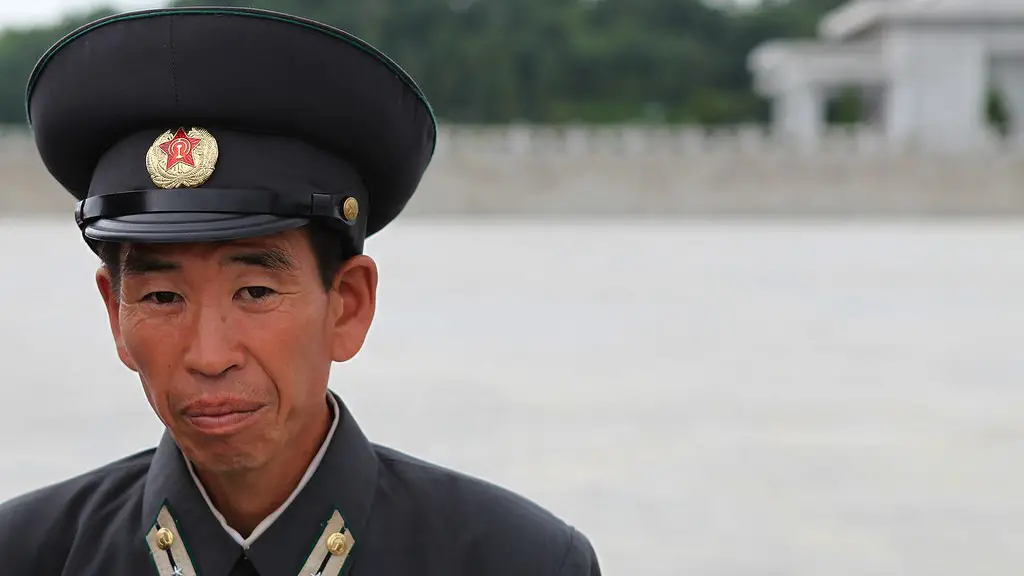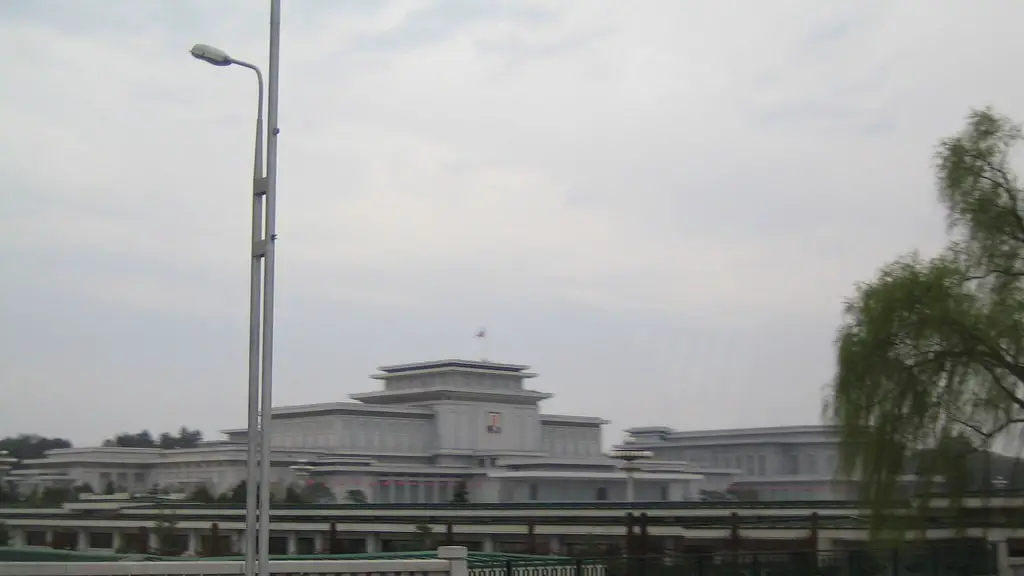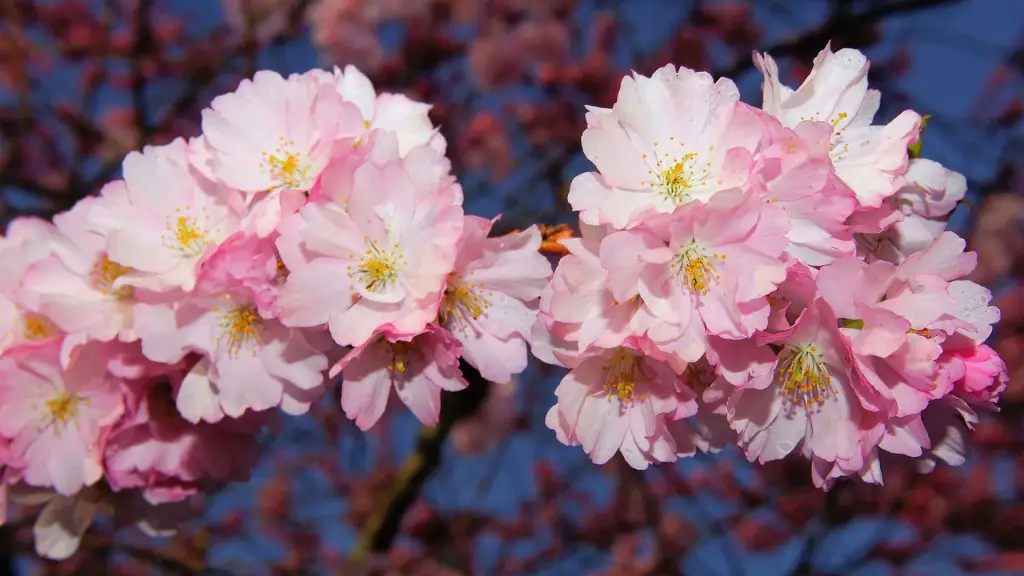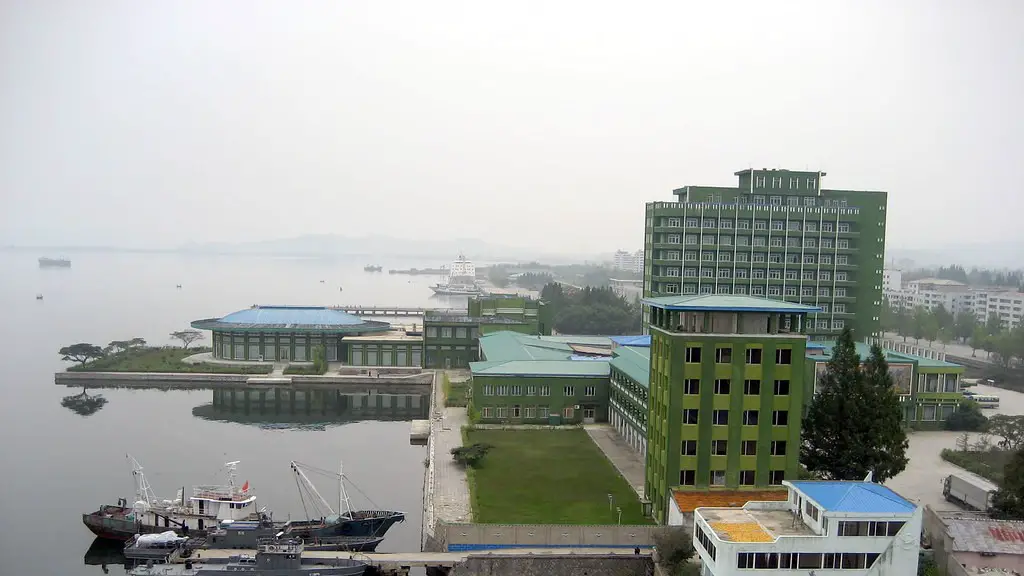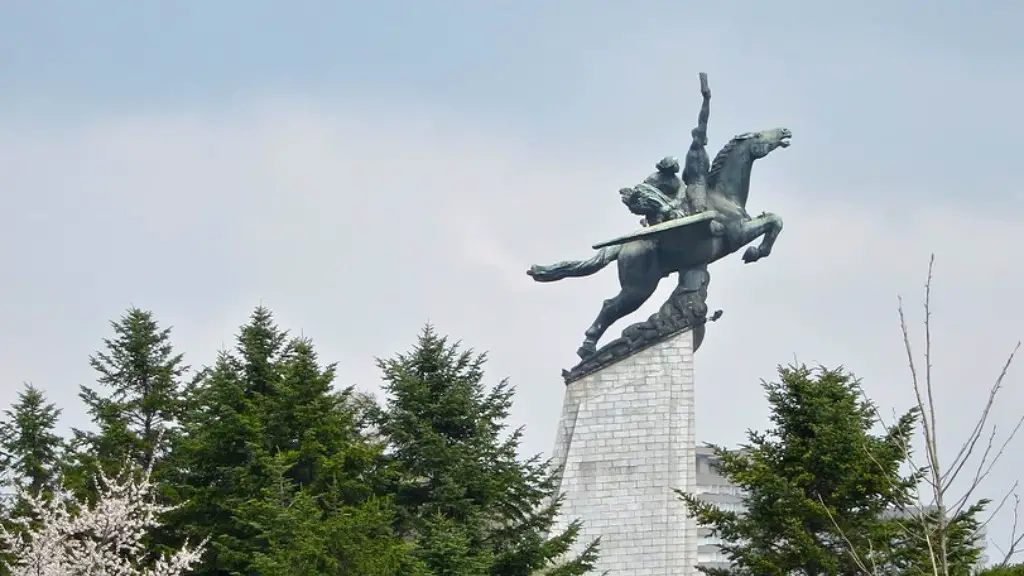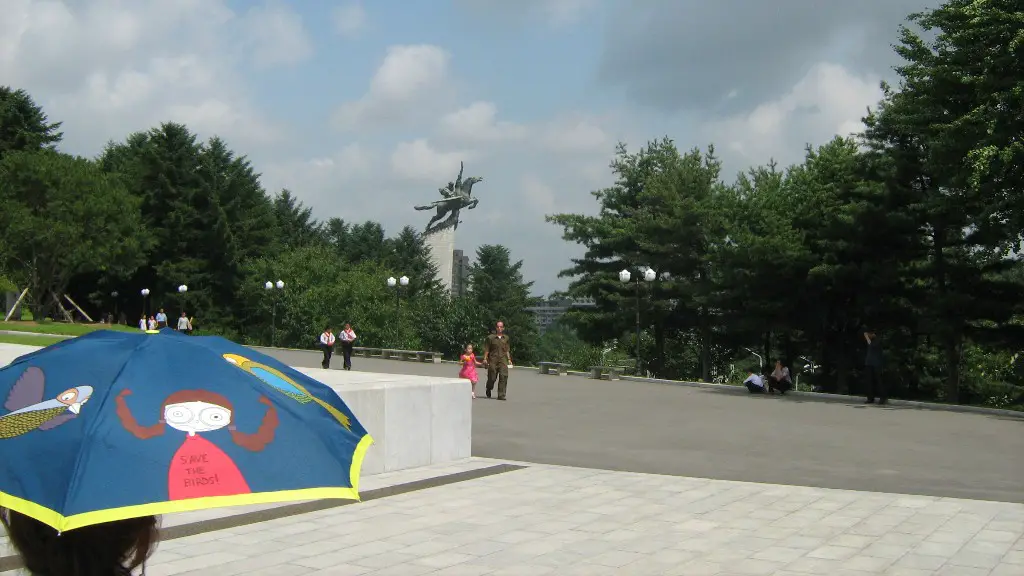North Korea is an isolated nation, shrouded in secrecy and often termed as a ‘hermit kingdom’ due to its aloofness from the rest of the world. While North Korea stands as a socialist state led by the Workers’ Party of Korea since 1948, the foreign affairs of the nation have been characterized by a unique blend of authoritarianism and militarism. North Korea, has been under the rule of the same family for generations, and the leadership of the nation remains insulated from outside influence.
The political system of the nation is based on ‘juche’, a guiding ideology to promote economic and social self-sufficiency. This political system has been followed by the Korea Worker’s Party for more than sixty years, and has remained largely unchanged during that period. According to a public statement released by the Workers’ Party, the ‘juche’ ideology was conceived mainly to achieve ‘liberation of the Korean masses from imperialist enslavement and to work for the comprehensive development of their material and spiritual life’.
North Korea is ruled by an authoritarian regime, which is managed by the Workers’ Party. The North Korean Constitution outlines the political system of the nation, wherein the executive, legislative and judicial powers are concentrated with the Head of State. The Head of State exercises absolute power in the nation, and is supported by the National Assembly and the National Defence Committee.
The North Korean government is recognized as one of the world’s most oppressive, with severe forms of repression and censorship enforced on its citizens. Human rights violations, enforced disappearance and arbitrary detention for political purposes are rampant in the nation. Reports from international organizations, such as the UN and Amnesty International, state that the North Korean government continues to abuse its citizens’ rights and freedom of expression.
The rule of the nation is also seen as highly oppressive, with widespread government surveillance and censorship of citizens by the police and security agencies. The media in the country is strictly supervised and controlled, with few reports of news from beyond its borders. This ‘supreme leader’ system of governance has also been criticized for creating a ‘cult of personality’ around the head of state, making it difficult for the citizens to dissent against the government.
Economy
North Korea’s economy is characterized by state-led authoritarian market system. This means that all economic decisions and activities are directed by the government. The country has experienced economic downturns, owing to its structural inefficiencies, low productivity and lack of access to global markets. In addition, the nation faces strict international sanctions for its nuclear programmes, which has further exacerbated its economic distress.
The North Korean enforcement of opaque economic regulations has hampered economic growth, leading to a hefty burden on the people of the nation. By 2019, the GDP growth rate of North Korea was estimated to be 0.7 percent according to the World Bank. Moreover, the GDP per capita stands at $1,763 as of 2019, which is indicative of high levels of poverty in the nation.
Despite the economic distress in the nation, reports have suggested that due to reforms in the economy, which have been termed as ‘marketization’ of North Korea, the people are generally now better fed and clothed than before. However, international analysts believe that wealth inequality is a huge problem in the nation, with the elite enjoying disproportionate levels of wealth as compared to the general public.
Political Outlook
North Korea’s foreign affairs are often seen as aggressive and unpredictable. The nation has been known to issue threats to its neighbours, most notably the United States and South Korea. This has resulted in a strained relationship between nations, where the focus is on mutual deterrence and managing conflict between the two countries.
Moreover, the North Korean government is notorious for safeguarding its interests, by resorting to military means whenever it needs to. The nation has been engaged in several military interactions and tensions, specifically with the United States due to its nuclear weapons and missile programmes.
The aggressive and ‘military-first’ policy of the North Korean government has been criticized by numerous think tanks and even globally by the international community. However, in recent times, the North Korean regime has shown signs of initiating diplomatic dialogue with other countries, and engaging in international collaborations, easing the existing tensions between nations, albeit incrementally.
Social Environment
North Korea has a unique social culture which is largely driven by the government. The nation is known to impose strict rules and regulations on its citizens to comply with the ‘juche’ ideology, a guiding principle for the state to promote economic and social self-sufficiency.
The social environment of the nation is often referred to as a ‘closed system’, where the government controls all aspects of public life. This involves restrictions on access to media and information, as well as strict rules and regulations on how the citizens should behave and function in the society.
Despite the oppression and strict surveillance of the state, North Koreans continue to live peacefully, with pride and faith in their government. Reports suggest that the citizens are largely content and supportive of the government decisions and policies.
Political Transition
The rule of the North Korean regime has remained unchanged for more than half a century, even though the workers’ party has faced challenges in maintaining the support of the nation. However, in recent times, the nation has faced an important shift in leadership, with the retirement of former leader Kim Jong-Il, and the rise of current leader, Kim Jong-Un.
This shift in leadership is viewed as a significant milestone, as Kim Jong-Un is perceived to be more liberal, and more open to international interaction, than his father. He has also sought to improve the relations between North Korea and its neighbours and foreign nations, a task which has not been accomplished in the past.
North Korea has also been working to improve their economic outlook, and the nation has been engaged in various collaborations and developments with other nations. This has been seen as positive step, as it could lead to a more open and receptive economy, which could eventually help the nation’s development goals.
Security Environment
The security environment in North Korea is often termed as ‘hyper-nationalistic’. This is primarily due to the nation’s hostile relations with its neighbours, especially South Korea, Japan and the United States. The government has been known to resort to military force whenever it feels threatened, making the security environment of the nation rather unstable.
Moreover, due to the nation’s nuclear weapons programme, North Korea remains a threat to the global security scenario. In the recent times, the nation has received warnings and sanctions from the UN Security Council due to its continuous violation of international regulations and laws.
Despite the tension and military arms race between North Korea and its neighbours, many analysts believe that the security situation in the region has been improving, following successful diplomatic talks between different nations. This could prove to be an optimistic development as it could pave the way for a more reconciliatory relationship between North Korea and the rest of the world.
Cultural Influences
North Korea stands as a unique nation, with its own set of cultural values and beliefs. These values have been shaped over several centuries, and continue to be absorbed and practiced by the citizens of the nation.
The culture of North Korea is a mix of ancient and traditional customs, along with modern influences from the Western countries. This fusion of the ancient and modern creates a distinct culture in the nation, which is celebrated by its citizens.
In terms of literature and art, North Koreans continue to feel a sense of pride in their arts and literature, which is evidenced by their celebrated poets and authors. In addition, the people also take pride in their traditional music and dance, which continue to remain popular despite the presence of a ‘closed system’.
Despite North Korea’s aloofness from the rest of the world, its cultural influences have been increasing in popularity in recent times. This can largely be attributed to the ongoing efforts to open up to the world, and dialogue with the international community.
